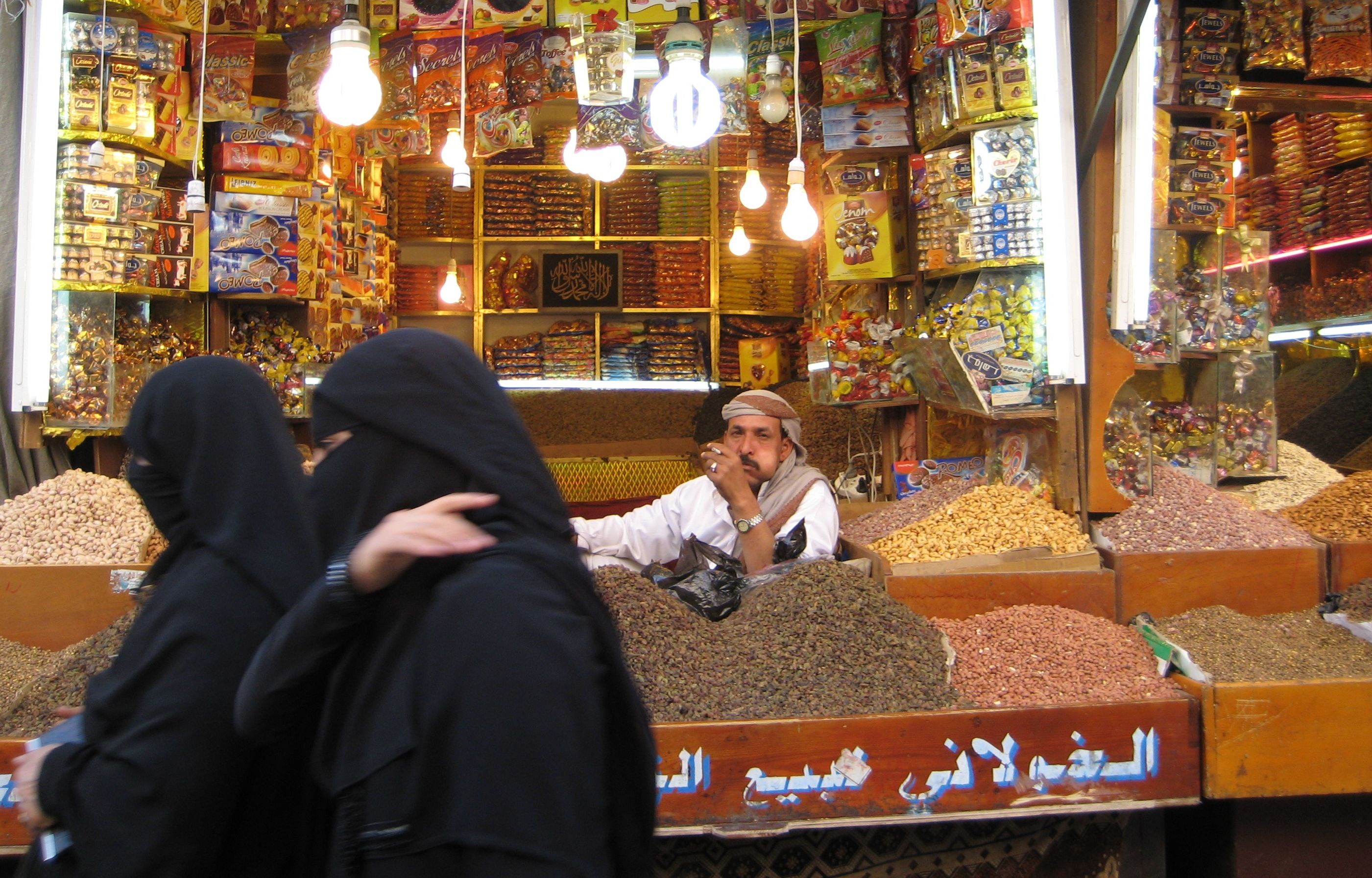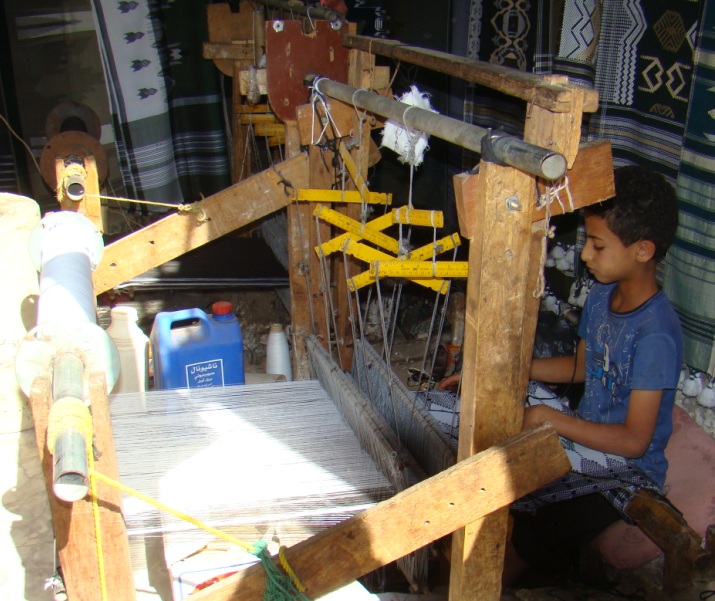
Yemenis try to recover from Saudi bomb.
In Yemen, water may be a more difficult and death-provoking situation than war. Die from a bomb or of thirst. What a choice, but it’s what faces thousands of Yemenis although it’s not as if they really have a choice.
Again, I quote from my book, Voice of a Voyage: Rediscovering the World During a Ten-year Circumnavigation.
“In earlier days chewing qat was mainly a sociocultural ritual of men getting together, as Brits might have done over a pint and Americans over a beer. Today it is an addiction. More dangerous are its impacts on the economics and agriculture of the country. The growing of qat supplants food crops for local sustenance as well as export. This, in turn, affects the country’s overall economy, and the lifestyle and economy of individual families. Men grow qat; men guard the crops; men drive the trucks; men—for the most part—sell qat.
In the past, peasant women traditionally took care of livestock and family crops. Without the crops, the livestock can’t survive; without either, the women have no role and are deprived even more. Yemen does not have an honorable record for its women to start with: 71 percent are illiterate; they can be married as young as nine; they are often arrested for “immoral acts” and never tried, just thrown in prison and forgotten; they often die in childbirth as they are given little medical attention; they are the property of men. Ancient tribal laws often govern the way women are treated in rural areas. In many areas these laws have become incorporated into Islamic practices. But women are not the only victims of the widespread use of qat.
Because growing qat is so profitable, those who can afford it use pesticides to keep their crops maximized. Dimethoate seems to be the poison of choice. Although considered only mildly toxic, it has many negative side effects, especially if one is chronically exposed, as so many Yeminis are.
Good-quality qat sucks up water and when irrigated can produce three crops a year. So where does the water go? To growing qat, not food.”
So what creates a national addiction? Yemen is a poor country and has had corrupt, despotic, cruel governments for decades, more remnants of colonialism. For most Yemenis it’s a difficult life. And today the Saudis (with help from the U.S.) are bombing the hell out of it, including schools and hospitals.
But in the West, why addiction? Among the hopeless, one can understand a reaching for anything mind-numbing, but what of the leisure class? Have they nothing better to do with their time, money, and resources? They are the ones responsible for keeping the heroin and cocaine trade in business. Without consumers it would quickly be replaced with other crops, food, flax, and so much else that makes sense. Why aren’t these wealthy drug users being held accountable? I welcome comments on our national addiction.

Qat chewing stall owner.

Qat chewing boy weaver.

Ah yes, I remember this story-qat. Nasty stuff. What an awful life for the women especially. What can be done…so much and so little.